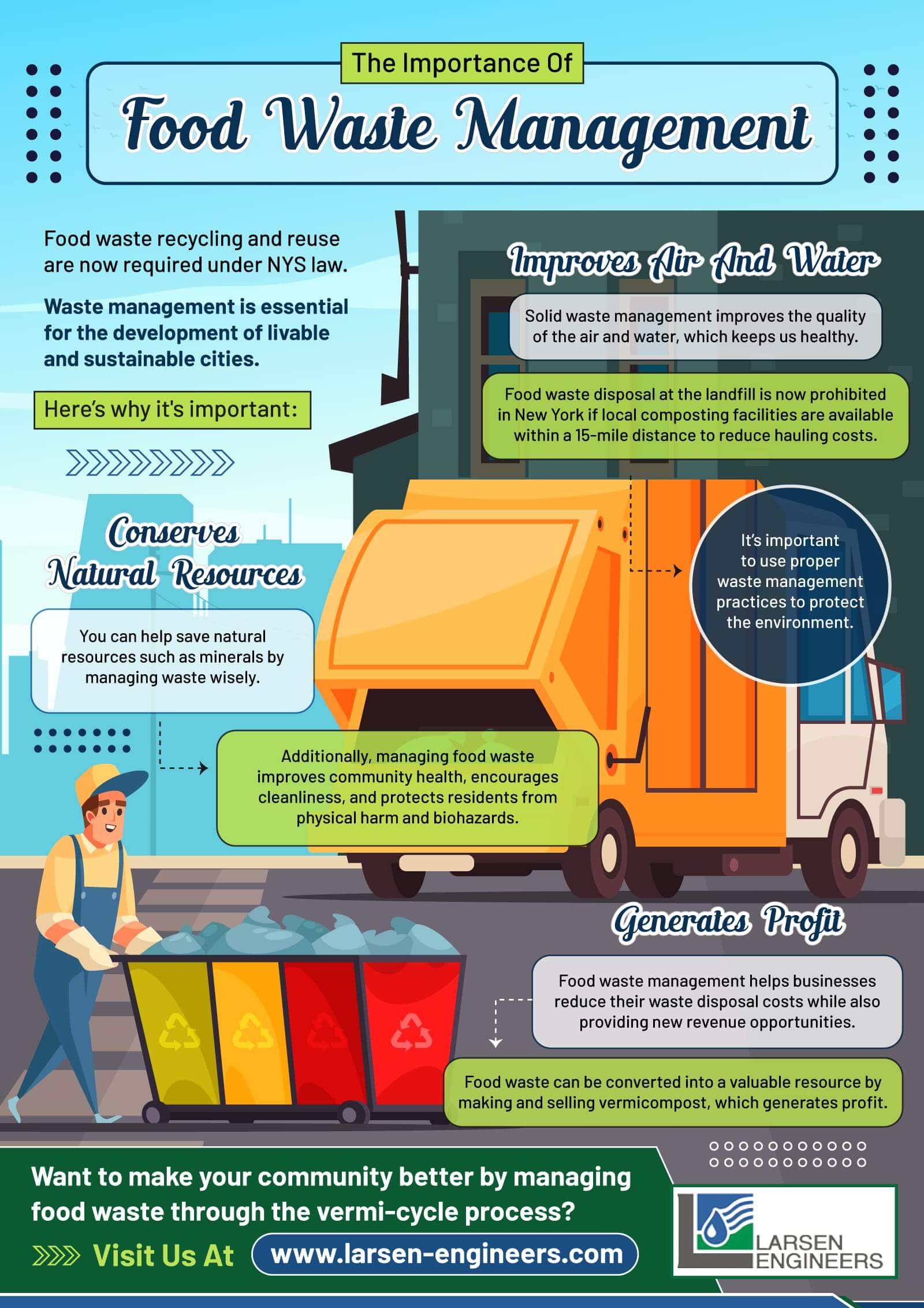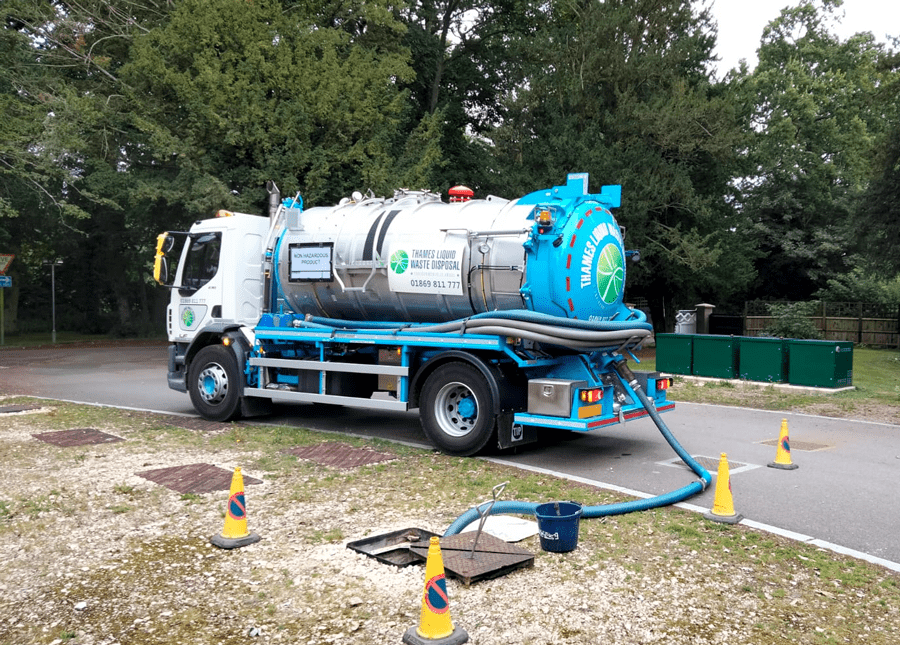A Biased View of Reclaim Waste
A Biased View of Reclaim Waste
Blog Article
The Only Guide to Reclaim Waste
Table of ContentsGet This Report about Reclaim WasteEverything about Reclaim WasteFascination About Reclaim WasteThe 45-Second Trick For Reclaim WasteReclaim Waste - Truths
Check out the types, incidents, and forms of liquid waste. Residential sewage waste describes the waste and items from a household septic tank. This sort of waste is developed by humans in residences, schools, and various other buildings. This only includes septic storage tanks that have a drain field. The appropriate monitoring and disposal of domestic sewage waste need fluid waste to be moved to a sewer therapy plant where the appropriate techniques and devices are put on cleanse and get rid of waste.
Industrial waste typically includes prospective dangers, such as combustible materials or a blend of liquid and strong waste products, and needs an extra sophisticated and detailed disposal procedure. The disposal of industrial waste typically entails the filtration of waste before transportation to make certain safe and correct disposal. Hazardous waste is developed from by-products and overflow of commercial procedures and production.
This kind of waste can not use the same sewage monitoring transport or procedures as septic or commercial fluids. The hazardous waste monitoring procedure requires the inspection and testing of fluid waste before it undergoes the disposal procedure (liquid waste disposal). Runoff waste is the liquid waste that comes from runoff and excess stormwater in highly populated locations or cities
Drainage waste can trigger contamination and flooding otherwise dealt with effectively. Find out more regarding sewage system cleansing and waste management. Making sure correct waste administration can stop disasters and reduce ecological damage. Both people in household settings and specialists in industrial or production markets can take advantage of recognizing the procedures and guidelines of liquid waste management.
Indicators on Reclaim Waste You Should Know
Call PROS Services today to discover concerning our waste administration and disposal services and the proper means to take care of the liquid waste you generate.
(http://peterjackson.mee.nu/where_i_work#c2441)Do you understand what happens to your water when you disengage, purge the bathroom or drain pipes the washing equipment? No? Well, it deserves knowing. This supposed 'wastewater' is not just an important resource yet, after treatment, will be released to our land, rivers or the sea. Used water from commodes, showers, baths, kitchen area sinks, laundries and commercial processes is called wastewater.

water used to cool equipment or tidy plant and devices). Stormwater, a type of wastewater, is drainage that flows from agricultural and metropolitan areas such as roofings, parks, gardens, roadways, paths and rain gutters right into stormwater drains pipes, after rainfall. Stormwater streams neglected directly to regional creeks or rivers, at some point getting to the sea.
Facts About Reclaim Waste Uncovered
In Queensland, the majority of wastewater is dealt with at sewer treatment plants. Wastewater is delivered from domestic or commercial websites with a system of drains and pump stations, known as sewerage reticulation, to a sewer therapy plant. City governments develop, preserve and run most sewage treatment plants. Operators are accredited under the Environmental Security Act 1994 to discharge cured wastewater at an acceptable environmental standard right into waterways.
The Department of Natural Resources advises local federal governments concerning managing, operating and maintaining sewerage systems and treatment plants. In unsewered locations, regional federal governments might call for householders to install private or house sewer treatment systems to treat residential wastewater from toilets, kitchen areas, shower rooms and laundries. The Division of Natural Resources authorizes making use of home systems when they are proven to be effective.
Many stormwater gets no therapy. In some brand-new communities, therapy of some stormwater to eliminate litter, sand and crushed rock has started utilizing gross toxin traps. Wastewater therapy occurs in four visit stages: Gets rid of solid matter. Bigger solids, such as plastics and various other objects incorrectly discharged to sewage systems, are eliminated when wastewater is passed through screens.
Uses small living organisms understands as micro-organisms to break down and remove remaining dissolved wastes and great particles. Micro-organisms and wastes are incorporated in the sludge.
Some Of Reclaim Waste
Nutrient removal is not readily available at all sewer treatment plants due to the fact that it calls for costly specialised equipment. Clear fluid effluent generated after treatment might still contain disease-causing micro-organisms - liquid waste removal.

The majority of wastewater moves into the sewerage system. Under the Act, local governments carry out approvals and permits for environmentally relevant activities (Periods) entailing wastewater releases that may have a neighborhood impact.
Indicators on Reclaim Waste You Need To Know
Otherwise, samples are considered research laboratory evaluation. Frequently numerous examinations are needed to establish the degrees of each of the various contaminants such as oils, hefty metals and pesticides in water. Surveillance supplies valid information regarding water quality and can verify that permit conditions are being fulfilled. The info acquired with surveillance supplies the basis for making water quality decisions.
Report this page